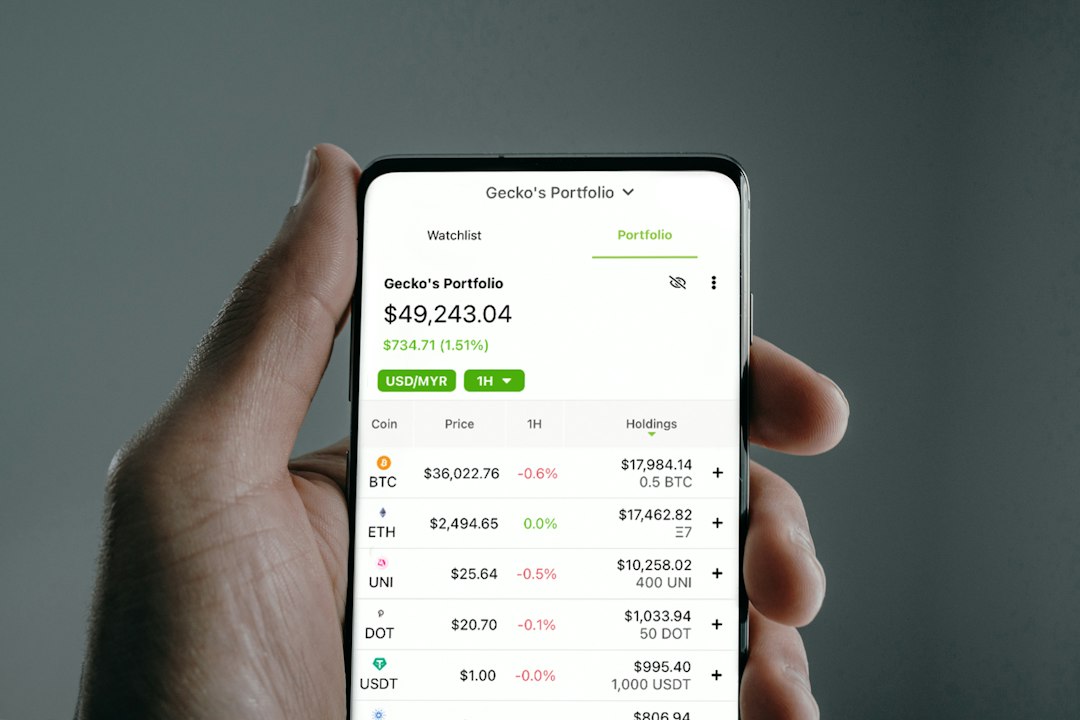The U.S. Treasury Proposes New Regulations for Digital Asset Reporting
The U.S. Department of the Treasury has introduced draft regulations aimed at tightening reporting requirements for digital asset transactions. The goal is to address tax compliance issues and mitigate the risks of tax evasion in the rapidly growing digital asset sector.
- Brokers facilitating digital asset transactions would be required to report specific transactions, similar to reporting requirements for traditional financial instruments.
- The proposed regulations would simplify tax calculations for digital asset holders by mandating brokers to issue a new Form 1099-DA.
- If approved, brokers would need to start reporting digital asset sales and exchanges from 2026, covering transactions made in 2025.
- Public hearings are scheduled for November 7 and 8, 2023, to gather feedback on the draft regulations.
- The draft regulations could generate an estimated $28 billion in tax revenue over the next decade.
Criticism from DeFi Education Fund CEO
Miller Whitehouse-Levine, CEO of the DeFi Education Fund, expressed strong objections to the Treasury’s proposal. He criticized the expanded definition of a “broker” and argued that applying traditional regulatory frameworks to decentralized networks is inappropriate.
- Whitehouse-Levine highlighted the proposal’s attempt to identify non-existent financial intermediaries within the crypto space, such as DAOs and certain wallet providers.
- He found an inconsistency in the proposal, as it acknowledges users of self-hosted wallets managing their own transactions but tries to identify third parties responsible for these transactions.
- The CEO criticized the proposal’s broad definitions, comparing it to the SEC’s rule-making and suggesting that it could include entities like Internet Service Providers as brokers.
- Whitehouse-Levine encouraged the public to read the proposal and submit comments, emphasizing the core issues of open access and decentralization it raises.
Hot Take
The U.S. Treasury’s proposed regulations for digital asset reporting have sparked criticism from industry experts. While the aim is to improve tax compliance and prevent evasion, some argue that the definition of a “broker” and the application of traditional regulatory frameworks to decentralized networks are problematic. It remains to be seen how public feedback will shape the final regulations and whether adjustments will be made to address the concerns raised.





 By
By
 By
By

 By
By
 By
By
 By
By